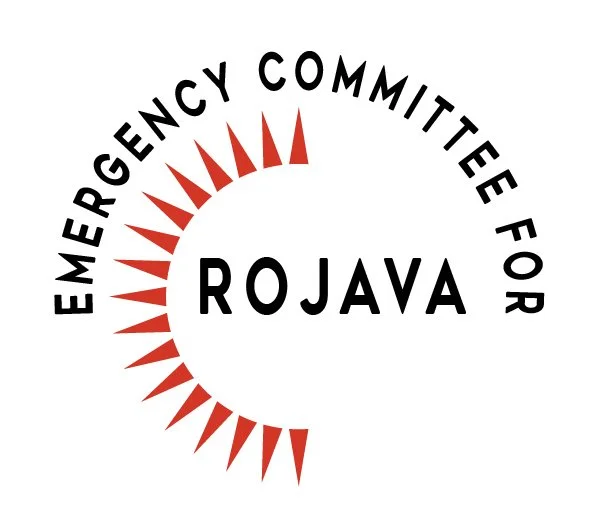A Statement of Solidarity with the Kurds of Aleppo
Solidarity with the Kurds of Aleppo: Syria is for all Syrians!
A statement by Emergency Committee for Rojava
October 9th, 2025
The attack this week on Aleppo's Kurdish-majority neighborhoods of Sheikh Maqsoud and Ashrafiyeh by Damascus-backed forces represents an act of aggression, and a dangerous escalation which threatens to jeopardize prospects for lasting peace and democracy in Syria.
On October 6th, following growing protests by local residents against the Syrian government's escalating road closures, blockades, and militarization, state-backed forces attacked the two residential neighborhoods. The resulting clashes with the community's internal security forces ("Asayish") resulted in deaths and injuries on both sides, as well as damage to local property and infrastructure.
These incursions were a clear violation of the April 1st agreement between the Syrian Caretaker Government and the Kurdish-led Syrian Democratic Forces, which was a critical step towards reunifying the country while respecting the self-determination of local communities. This agreement permitted the free movement of local residents, the retention of their own internal security force (Asayish), and the demilitarization of the neighborhoods' surrounding area, in exchange for the withdrawal of SDF forces.
As news spread of the clashes, crowds filled the streets in cities across North and East Syria, gathering to show their solidarity with the people of Sheikh Maqsoud and Ashrafiyeh. For so many of the region's diverse communities, the fate of Kurds in Aleppo is seen as a harbinger of the country's future. After state-backed massacres of Alawites on the Syrian coast, and of Druze in Suwayda, Syrian Kurds' mistrust towards the new regime in Damascus has only deepened.
The ceasefire negotiated between the SDF and Damascus in the aftermath of this week's violence is a welcome sign, but while relative calm has returned to Aleppo, serious questions remain about the future of the country. Following the March 10th agreement outlining the SDF's formal commitment to integrate into a unified Syrian state, the new government of HTS leader Ahmed al-Sharaa has consistently failed to demonstrate a good faith willingness to respect the security and self-determination of North-East Syria's diverse communities. Even the basic right of women to participate in political and military institutions has been a sticking point for Damascus, bringing negotiations to a stand-still.
Ultimately, Damascus and Rojava represent fundamentally different and competing visions for the future of Syria: one, a theocratic ethno-state where absolute power is centralized in the hands of al-Sharaa, and another, a pluralistic grassroots democracy, where all Syrians enjoy equal rights and local communities are empowered to self-govern.
The Kurdish freedom movement's paradigm of "democratic confederalism" represents a viable path beyond the bloody legacy of centralized state power and oppression; a proven model for governing society through radical inclusivity and grassroots empowerment.
We call on governments and civil society alike to support the people of Rojava in their call for a pluralistic and democratic Syrian constitution that respects the rights of all Syrians to peace, security, and self-determination.
In the words of the Zenobia Women's Assembly: "Building a democratic and inclusive Syria starts with decentralization."
Emergency Committee for Rojava

